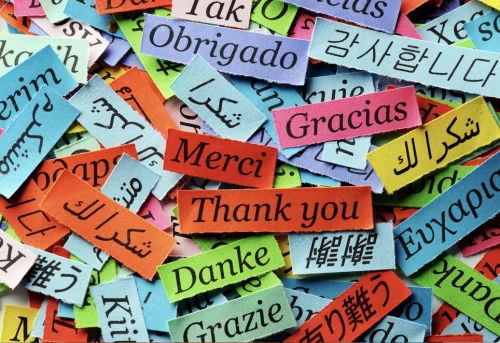You might also like these other posts...
How to Reduce False Leads: A Case Study With UXPin
Most people living in industrialized nations associate text messaging with some kind of social activity. But in parts of Africa, texting… Continue Reading
How SMS Powers the World’s Largest Companies
Multimedia and encryptecd chat apps are keeping SMS alive and well -- so are the world's largest companies. Continue Reading
Thanks to Our Users, RingCaptcha is in Ukrainian and Romanian Now!
Most people living in industrialized nations associate text messaging with some kind of social activity. But in parts of Africa, texting… Continue Reading
GET STARTED NOW
Over 1 million fake leads blocked by RingCaptcha and counting!
50 SMS Free Trial • No Credit Card Required


 Deliverability
Deliverability 

